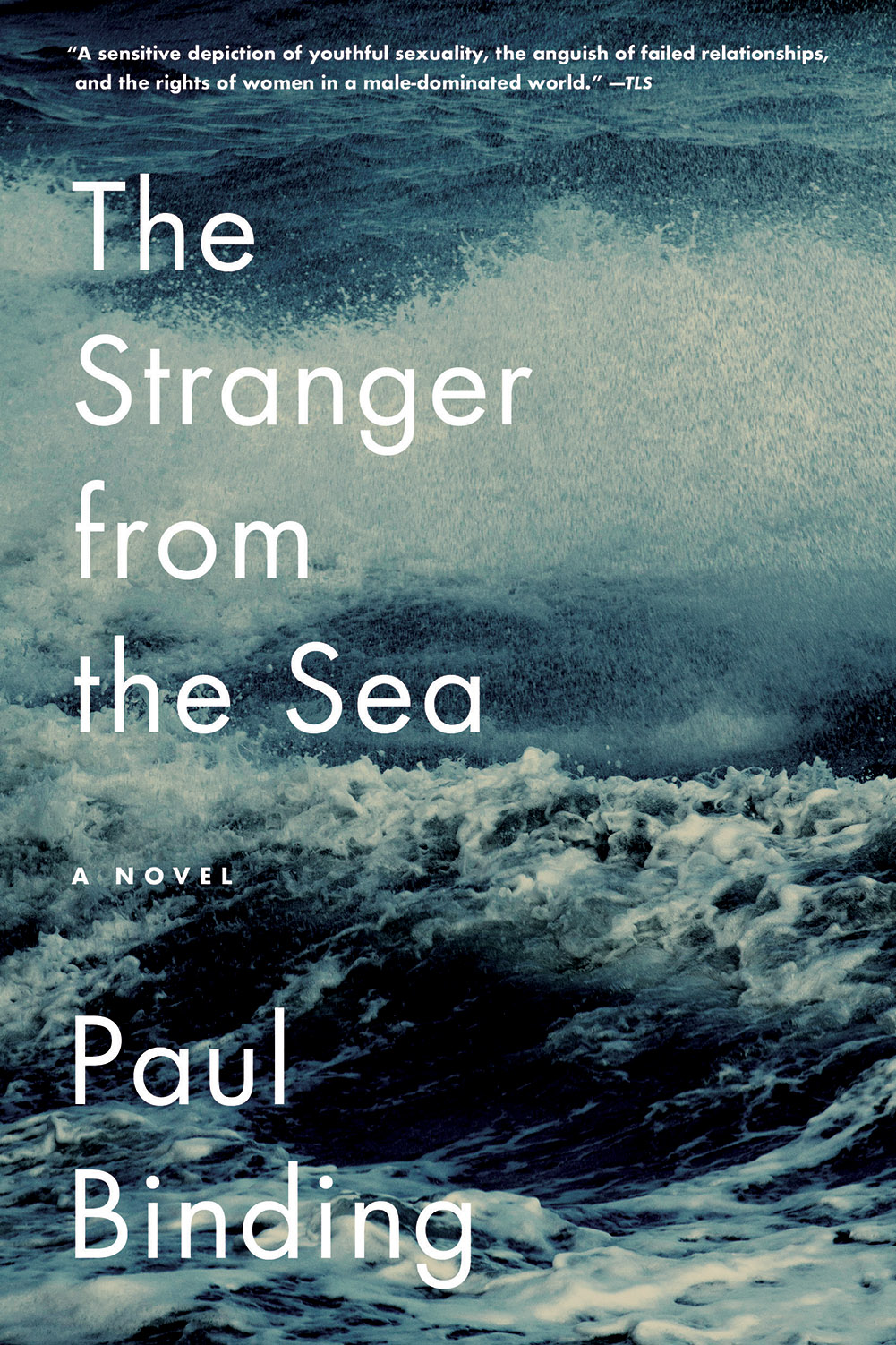mikerickson reviewed Stranger from the Sea by Paul Binding
Review of 'Stranger from the Sea' on 'Goodreads'
2 stars
From the end of St. Ethelberga's Road I saw it again, but now more extensively because of the lower vantage-point: the black of that mighty primeval beast, the sea, flexing its muscles under the still discharging clouds. Gulls wheeled inland, away from its power, crying as they did so.
This book was entirely too long for what it was trying to do and the interesting premise that pulled me in unfortunately never panned out to anything that felt rewarding for the time I'd given it. It didn't help that the narration and prose was so overwhelmingly British it made Jane Austen sound like a Valley Girl.
The setup for the story, on paper, sounded interesting to me: an up-and-coming journalist (Martin) in the 1880's leaves London for a new job at a smaller newspaper on a shore town along the English Channel. The same week he arrives, a monstrous storm …
From the end of St. Ethelberga's Road I saw it again, but now more extensively because of the lower vantage-point: the black of that mighty primeval beast, the sea, flexing its muscles under the still discharging clouds. Gulls wheeled inland, away from its power, crying as they did so.
This book was entirely too long for what it was trying to do and the interesting premise that pulled me in unfortunately never panned out to anything that felt rewarding for the time I'd given it. It didn't help that the narration and prose was so overwhelmingly British it made Jane Austen sound like a Valley Girl.
The setup for the story, on paper, sounded interesting to me: an up-and-coming journalist (Martin) in the 1880's leaves London for a new job at a smaller newspaper on a shore town along the English Channel. The same week he arrives, a monstrous storm capsizes a shipping vessel, and one of the very few survivors (Hans) ends up recuperating from the incident in the same mansion that Martin is currently renting a room in; the story of the year literally washes up on his doorstep. During the interview Martin conducts for the paper, Hans reveals a dark story about one of the other sailors on that ship, who may or may not still be alive. And during this long convalescence, the two young men find themselves drawn to each other by something more than just friendship.
There's also some intrigue about the owner of the mansion both young men are staying in, the frosty widow Mrs. Fuller who refuses to acknowledge the existence of her son, who no one around town has seen for several years. These little hints of mystery - the manner of Mr. Fuller's death and the whereabouts of his son, the survival status of the other sailor, other strange events at a Victorian-era séance club - where what pulled me through the middle third of the book, which just felt like a slog. And just when I thought things were ramping up to a satisfying conclusion towards the end, they didn't.
The book suffered most from one of the more obnoxious and distracting uses of first-person narration I've encountered in a long while. Martin would frequently interrupt other characters' dialogue mid-sentence to share his real-time thoughts with the reader in a style that served only to break the flow of a scene. I might have been able to overlook this if he were a likeable character in his own right, but he just came across as a pushover who cowed to not only his coworkers but a recurring friend from London who routinely overtly bullied Martin for literal in-fiction years. And regarding his relationship with Hans - this book being tagged as a gay historical drama being what drew my attention to it in the first place - was also disappointing. Not that I was expecting some ahistorical happy-ever-after ending in this setting, but I was hoping from something a touch more engaging than swapping handjobs at night ONCE, and then Martin feeling so distraught over it that he literally ghosts Hans until the Norwegian DIES.
I didn't hate this book enough to not finish it, but I did find myself literally counting down the pages to see how much I had left, which is never a good sign. Pretty cover though.

